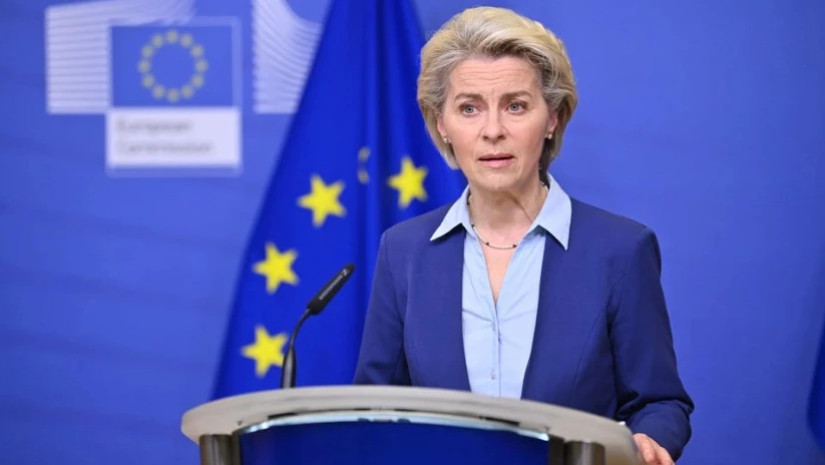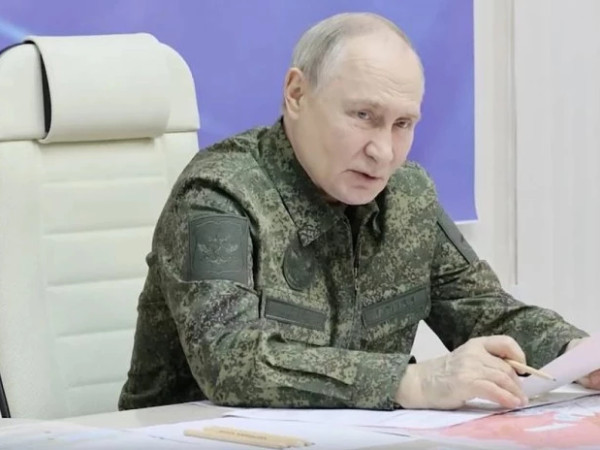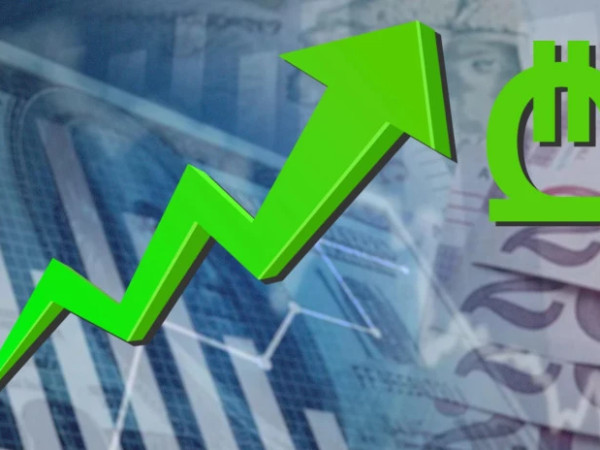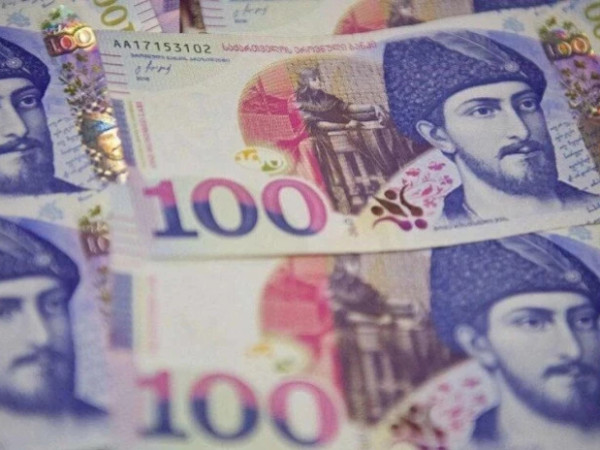Ursula von der Leyen confirmed the agreement of the 17th package of EU sanctions against Russia. It provides for restrictions on access to battlefield technologies and 189 vessels of the "shadow fleet".
President of the European Commission Ursula von der Leyen confirmed the agreement of the 17th package of EU sanctions against Russia, stating that it includes restrictions on access to technologies for the battlefield and another 189 vessels of the "shadow fleet" of Russia for oil exports, writes UNN.
"This war must end. We will continue to put strong pressure on the Kremlin," the head of the European Commission emphasized.
As Euractiv writes, on Wednesday, representatives of the EU member states agreed on the 17th package of sanctions following Russia's full-scale invasion of Ukraine in February 2022, which provides for a ban on issuing visas and freezing assets for high-ranking Russian political and business officials.
It also reportedly includes a ban on the export of chemicals used to manufacture weapons, trade restrictions for dozens of companies involved in sanctions circumvention, and lists of nearly 200 vessels of Russia's "shadow fleet" for oil exports, which are used to circumvent the oil price cap in the West.
According to EU diplomats, Hungary and Slovakia, the two most pro-Moscow EU countries that remain heavily dependent on Russian energy imports, supported the package because of its relative weakness, Euractiv writes.
Meanwhile, Sweden and Finland have stated that the package must be approved by their national parliaments. Both countries are expected to approve these measures and fully support further sanctions against Moscow, diplomats said.
The approval came after numerous EU ministers and officials pledged on Tuesday to continue imposing restrictive measures on Moscow to force it to start peace negotiations with Kyiv. The finance ministers of Sweden and Lithuania openly called for an 18th package of sanctions after Russia ignored the 30-day ceasefire deadline set by the EU on Monday.
EU Commissioner for Economy Valdis Dombrovskis also stated on Tuesday that Brussels is "ready to work on continuing to put pressure on the aggressor, Russia, both in terms of new sanctions and in terms of stricter implementation" of existing restrictive measures if a peace agreement is not reached.
Dombrovskis added that "the most effective way to cut off the flow of revenue to the Russian war machine" is to limit Moscow's revenue from energy exports.
The new package of sanctions is reportedly to be formally approved by EU foreign ministers in Brussels on May 20.




















